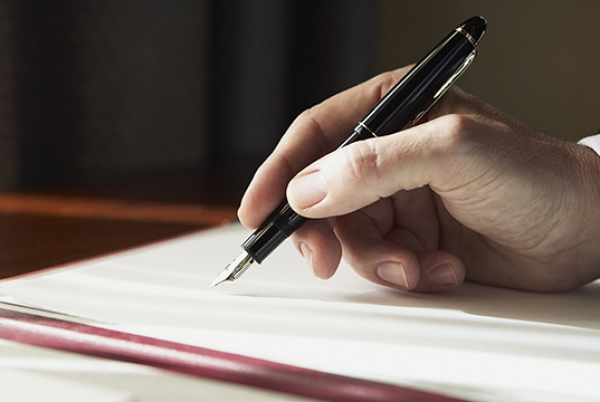Discover Lebanon’s Third or More…
For 11 years now, we have been conducting surveys and research on different issues, focusing (in opinion polls) on the confessional factor and the loyalty to the za’im, whether a za’im of confession, tribe, village, neighborhood or city, or a pretentious mere za’im. We have also examined foreign interference and regional factors influencing the country whether by force, enticement, violence, dissent or all those together.
We, at times, detected the presence of some categories which reject Lebanon’s political system, its politicians and clerics.
In an article I wrote to An-Nahar on August 3, 2002, I said that Lebanon seemed to be divided into two categories: the ruling elite and the enfeebled poor.
“The ruling elite divides the spoils by enacting laws and decrees that serve its personal interests, while the enfeebled poor have three options: emigration, misery or crime. They fight every once in a while and are confession-labeled at their birth, marriage and death”.
Then I mentioned a third category, which is neither dominant nor poor... “It is the resistant third… the third which gives hope for a secular system”.
This was again reiterated in the editorial of The Monthly issue no.59 of May-June 2007: “It is the hidden third that would have had a major impact had the media been independent within an environment conducive to change. It is the hidden third that has never surrendered to foreign forces or to religious leaders even when facing the hardest challenges... Neglected by both the government and the opposition, this hidden third, once discovered, would be recognized as the guardian and the cornerstone of this country”.
Today, we can state with confidence that around one third of the Lebanese people, equally distributed among confessions (except for the Druze) would not recognize a president elected by the loyalists or another by the opposition, if each side decided to elect its own president.
This third is neither oppressive nor enfeebled and does not claim to have a “vision” on how to build a modern state as other pretenders (to the Presidency) do; it might not be cunning in forging international relations or in praising “the international legitimacy”; but one thing this third is sure of is that the current political system would only lead to calamities as it has always done. It holds a promise, perhaps because it rises beyond confessions.
Is it independent or lost? Is it really a third or much more, considering the threats and risks of defying the system? Who is exactly this third?
The answer would be hopefully unveiled in the near future...
Jawad N. Adra








Leave A Comment